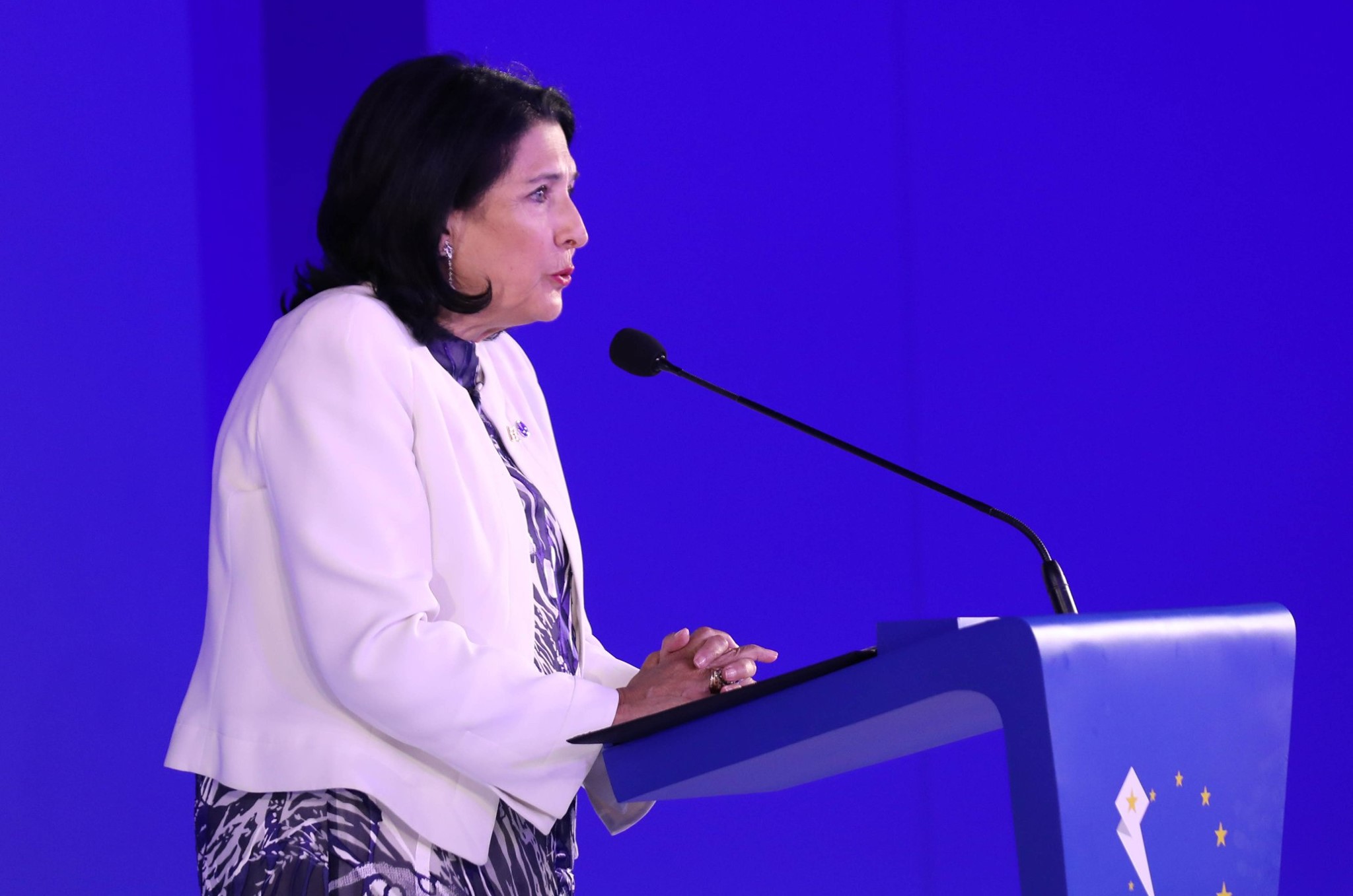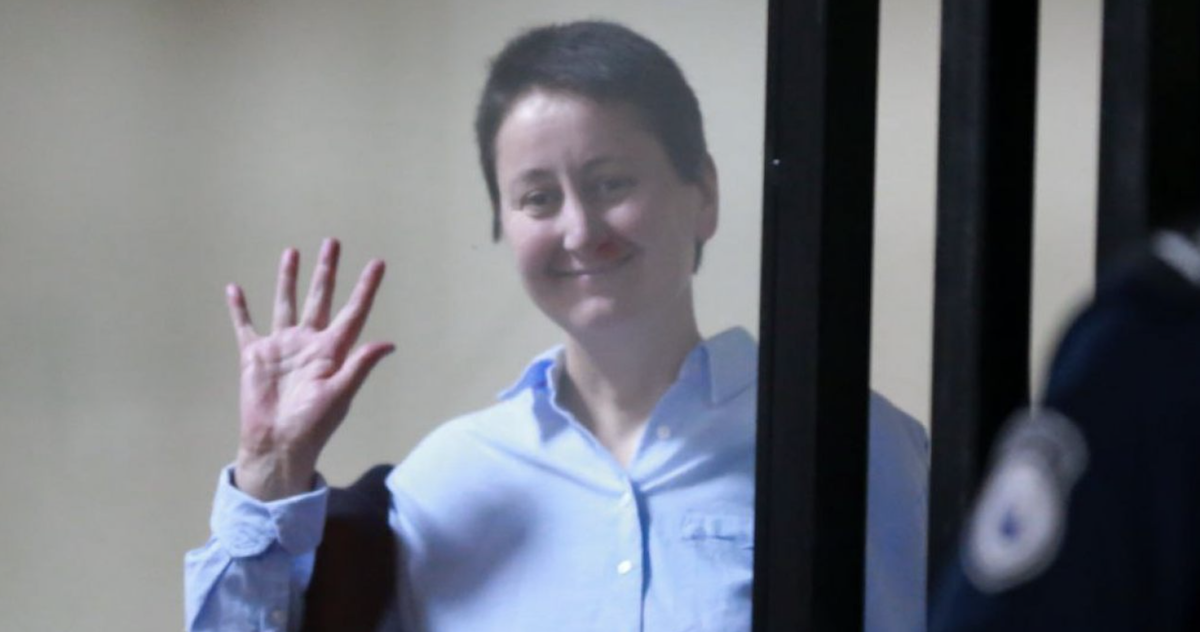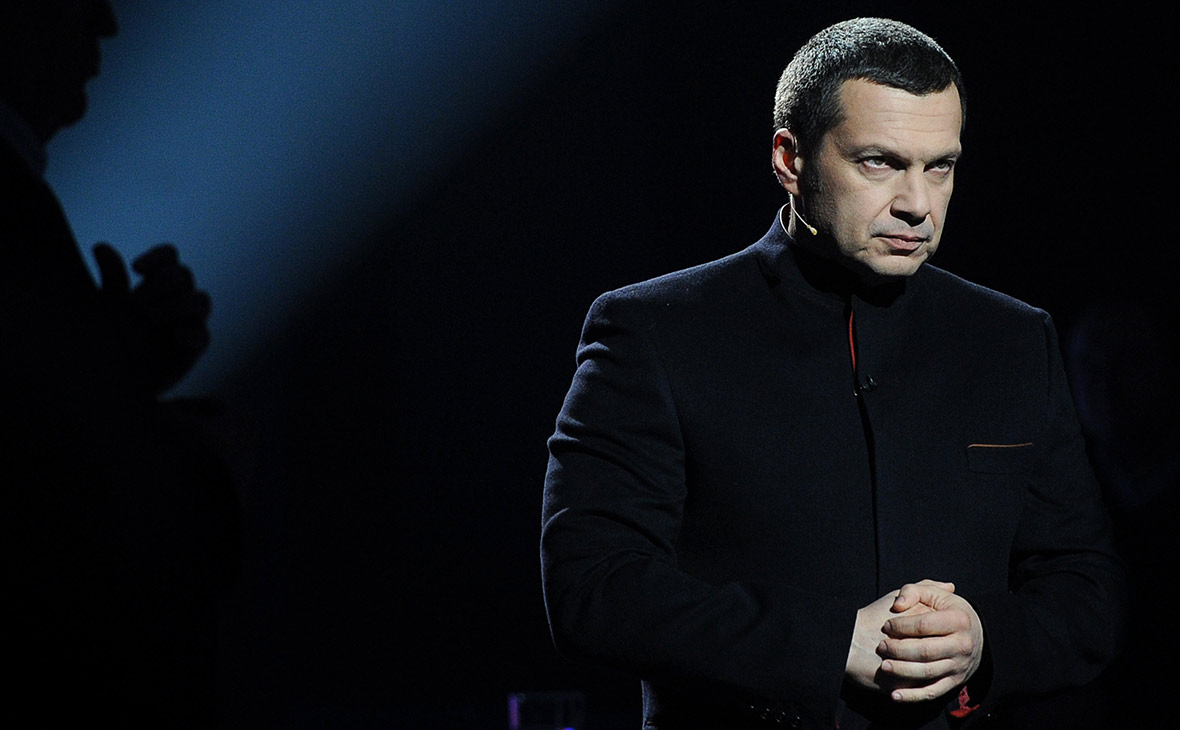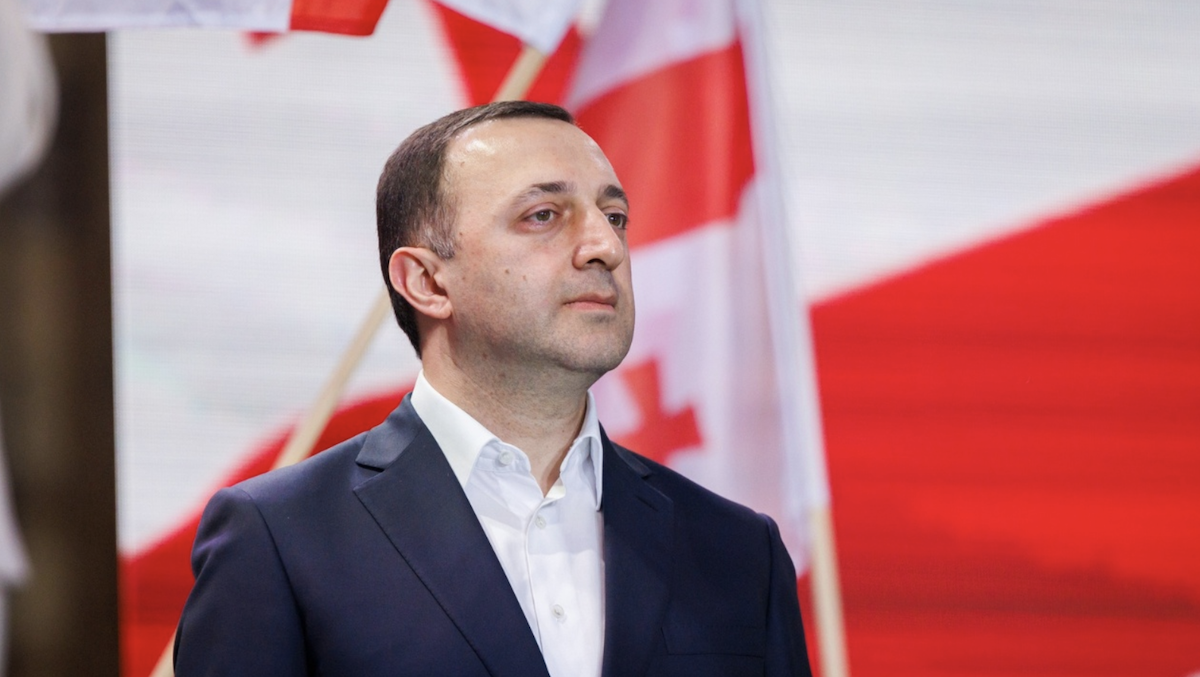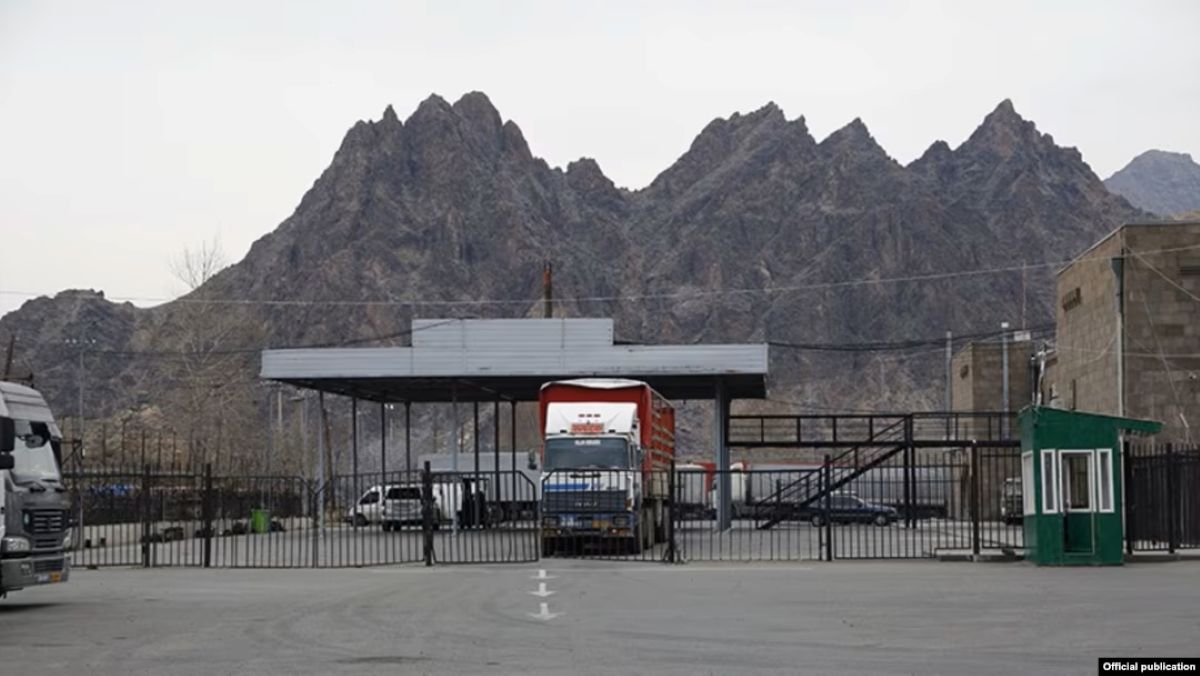EU, Georgian takes on country’s future differ at Batumi Int’l Conference
The 16th Batumi International Conference kicked off today, hosting high-ranking representatives of the European Union and other states, including the President of the European Council Donald Tusk.
Many experts stress the importance of the participating of high-ranking European officials in Georgia against the background of the recently tense relations between Georgia and Russia.
• Georgia political crisis – the oligarch besieged from all sides
• Georgian gov’t using Facebook trolls, fake news sites to discredit protests
The conference is dedicated to the 10th anniversary of the establishment of the Eastern Partnership.
A joint statement at the conference was made by the President of the Council of Europe and the President of Georgia.
Speaking at the conference, Donald Tusk said that Georgia needs first of all solidarity inside the country.
“Democracy is for development – not to spawn civil strife and war,” he said.
Georgian Prime Minister Mamuka Bakhtadze, in his speech, spoke about new humanitarian projects in the conflict regions and asked the European Union for assistance.
President Salome Zurabishvili noted that Georgia expects greater support from Europe when it comes to the issue of the occupation.
____________________
Donald Tusk: “Let’s not hide the fact that there are many people in the EU who doubt expansion”
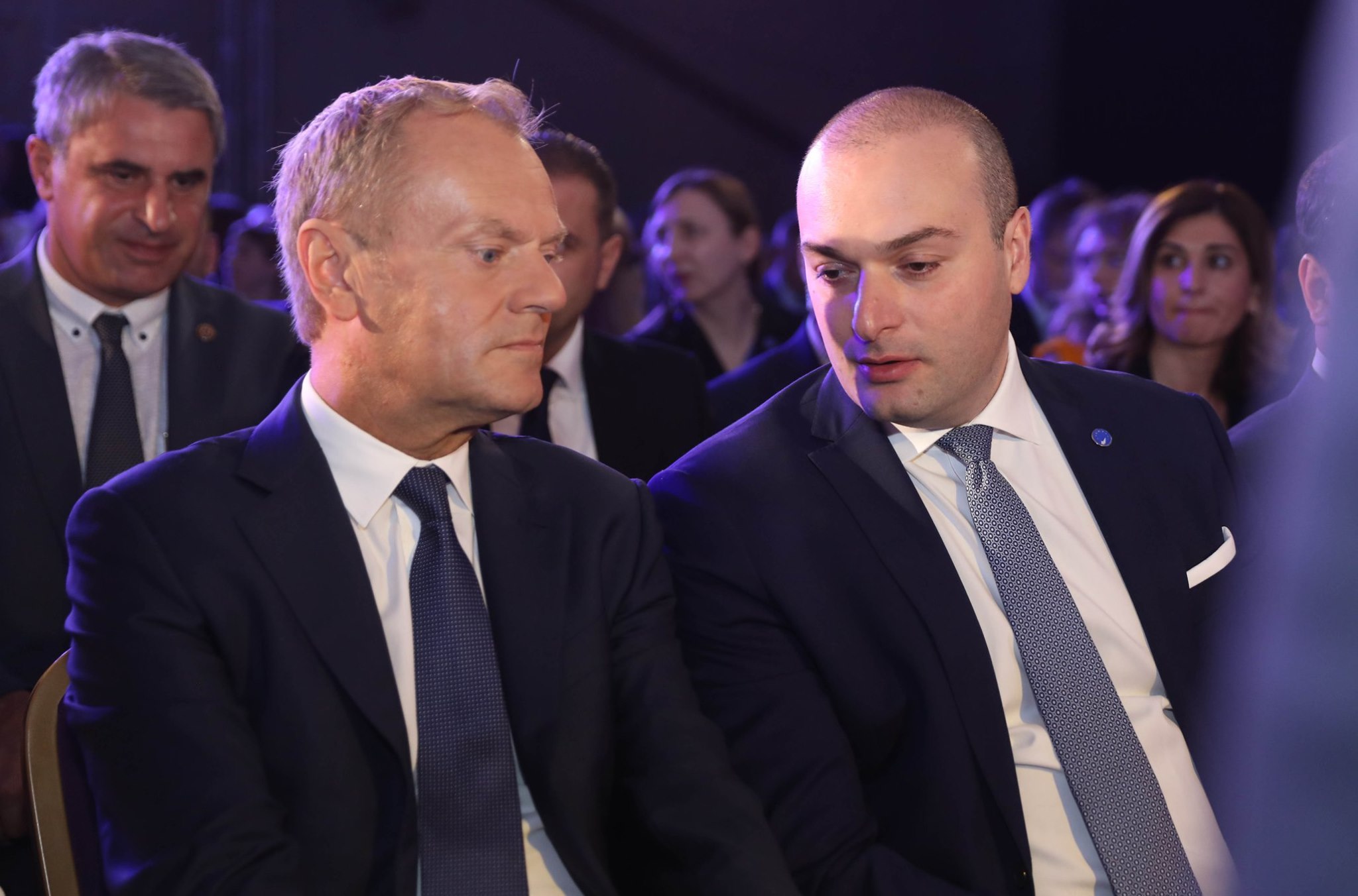
Donald Tusk commented on the restriction of Russia’s air links with Georgia and said that this decision by Vladimir Putin was “disproportionate, unfair and unjustified.”
He noted that the collapse of the Soviet Union was a positive development. In this context, Tusk recalled the words of the Russian president:
“This is where one reflection comes to mind. You remember when the Russian President said in 2005: ‘we should acknowledge that the collapse of the Soviet Union was the greatest geopolitical catastrophe of the century.’ Today in Georgia I want to say loud and clear: the collapse of the Soviet Union was a blessing to Georgians, Poles, Ukrainians as well as to the whole of Central and Eastern Europe. And I’m convinced that also to Russians”, Tusk said.
He stated that “Georgia can always count on the solidarity of Brussels,” but stressed:
“Georgia needs solidarity inside the country too. Democracy is for development, not to spawn civil strife and war. ”
He also noted that there are forces that want to separate Georgia and Georgian society:
“I appeal to you, do not let anyone divide you, always be united, like one big Europe,” said Donald Tusk and concluded his speech in Georgian, with the words “Long live a free and independent Georgia.”
Another Georgian phrase in his speech was the words of the classic Georgian literature Vazha Pshavela.
Tusk read a quote from Cosmopolitanism and Patriotism, a famous letter of Vazha-Pshavela.
“Some people think that true patriotism excludes cosmopolitanism. This is a mistake. Every true patriot is cosmopolitan and every genuine cosmopolitan is a patriot. Cosmopolitans serve their country and seek to uplift it intellectually, materially, and morally.”
Regarding the prospect of Georgia joining the European Union, Tusk says that there are many skeptics in Europe:
“But let us not hide the fact that this question remains currently on the agenda. There are many in Europe who have doubts about further enlargement. I don’t have any doubts. As was the case for the European Union itself more than sixty years ago, such processes do not happen all at once, or according to a single plan”, Tusk said.
According to him, Georgia has important security problems to deal with.
“There are very serious security problems and challenges in the partner countries. I have to mention Georgia as one of the countries for which these security issues are a very serious challenge”, he noted.
He also praised the holding of parliamentary elections in 2020 under a proportional system and said that this will bring Georgia closer to European values.
In addition to Donald Tusk, European Commissioner for Humanitarian Aid and Crisis Management Christ Stylianidis, as well as foreign ministers and other members of the governments of Poland, Sweden, Hungary, Armenia, Bulgaria, the Czech Republic, Moldova, Albania, Belarus, Azerbaijan, Germany and Romania were present at the conference.
The conference was also addressed by the President and the Prime Minister of Georgia.
Georgian Prime Minister: Our main challenges are occupation and poverty
Prime Minister Bakhtadze said that Georgia has two challenges: Russian occupation and poverty.
The prime minister asked the European community to help the Georgian government improve the lives of people living in the conflict zone.
“Illegal Russian bases are located in the heart of Georgia, and every day we are confronted with the abduction, torture and murder of Georgian citizens … We must realize that not only Georgia has to oppose this, but it’s our European task, to unite families divided by dividing lines.
Our task is to provide those living in the occupied territories with healthcare and educational opportunities. There are also opportunities for micro-business, so that they can feed their families. These are new initiatives for a better future and we need your support, the support of Europe for the project to be implemented”, the premier said.
The President of Georgia: We need the help of the European Union to unite our country
Salome Zurabishvili thanked the European Union for the help, but said that Georgia expects more from the West when it comes to occupation. She mentioned the demonstrations held in front of parliament.
“The themes of Abkhazia and ‘South Ossetia’ are no longer top priority on the international arena. This is a very big problem. This is not a question which we will forget, or that will simply disappear.
The demonstration that began on June 20 is a natural expression of what has been worrying our population for many years. This is disappointment due to the fact that there is no political progress on the path of territorial restoration”, Zurabishvili said.
The President touched on tense Georgian-Russian relations.
According to her, despite tensions and the 2008 war, Georgia continues to welcome Russian tourists.
“Renewed tensions, especially existing ones, are unacceptable and do not contribute to long-term stability,” she noted.
“I’m sure if we all take part … the Russian military bases will leave Gudauta or the Tskhinvali region. Stability in the region, stability on the Black Sea, are also important for Europe, as well as for Georgia and all our neighbours. We need mediation, help from the European Union to unite our country”, Zurabishvili said.
Zurabishvili also noted that “Georgia is a peaceful nation and this is a country that has never attacked another state,” with this phrase President of Georgia indirectly responded to the statement made several days ago by Vladimir Putin alleging hat Georgia historically occupied Abkhazia and South Ossetia and staged a genocide of the Ossetians.
The Eastern Partnership began 10 years ago and unites members of the EU and six eastern neighbours of the EU: Azerbaijan, Belarus, Moldova, Georgia, Armenia and Ukraine.
This programme was initiated by Poland and Sweden and its goal is to help these six states in developing democratic institutions, promoting the economies of these countries and creating a common space for their cooperation with the EU.
The European Union has its own interest in all this – it needs strong and democratic neighbours in the east and a stable eastern border.
The Eastern Partnership does not mean EU membership, but it significantly brings these countries closer to the European Union and its values.










